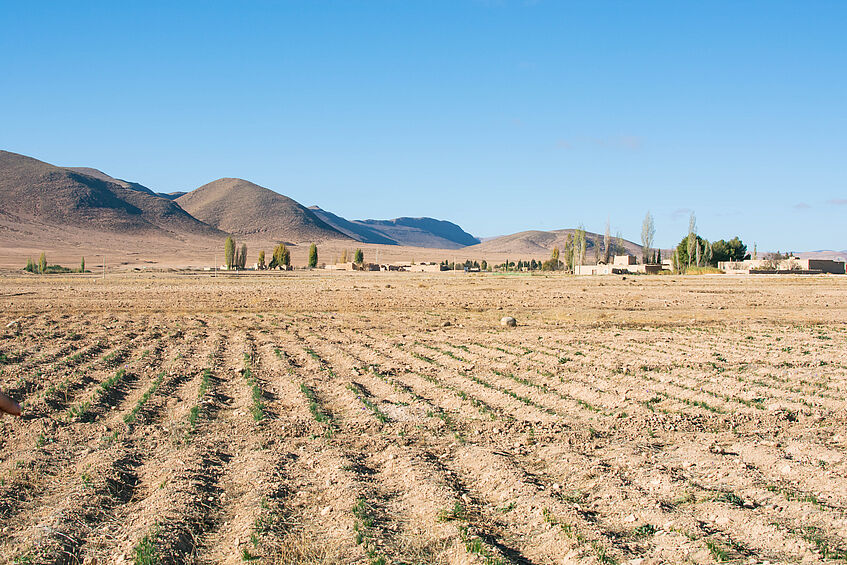The Impact of Translocal Social Remittances on the Environment in Morocco

Rachael Diniega, BA MA
Supervisor: Univ.-Prof. Dr. Patrick Sakdapolrak

This research will examine how social remittances—the intangible transfers of knowledge, skills, or ideas between migrants and their families—influence people’s interactions with and affect the environment in a translocally embedded community that is both an origin and destination of migrants. Studies have shown that migration influences the environment of both sending and receiving areas, and one mechanism of influence is through social remittances, which can have an effect at both household and community levels. The concept of translocality, which recognizes the dynamics of mobilities shaping multiple communities and the environment, provides a framework in which to examine the circular flow of ideas that connect to human-environment interactions.
The ethnographic research will take place in Morocco, where climate change and migration have been separately important topics in policy and news, but which research has rarely connected. It will use a mixed methods approach, including interviews, household surveys, and participatory approaches, both with town residents in a rural area and with translocal connections in the surrounding region. Key informants at NGOs, government offices, and local associations will also be interviewed. Questions will aim to understand how translocal connectedness and embeddedness play a role in translating social remittances to environmental change, specifically focusing on 1) household land-use or agricultural change and 2) community environmental initiatives and management.
